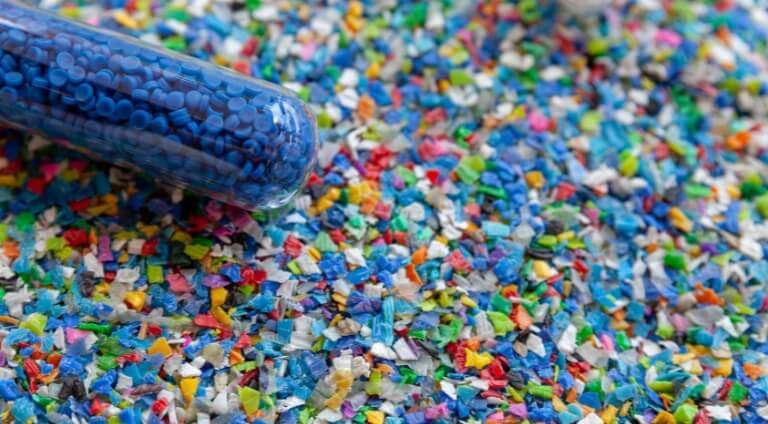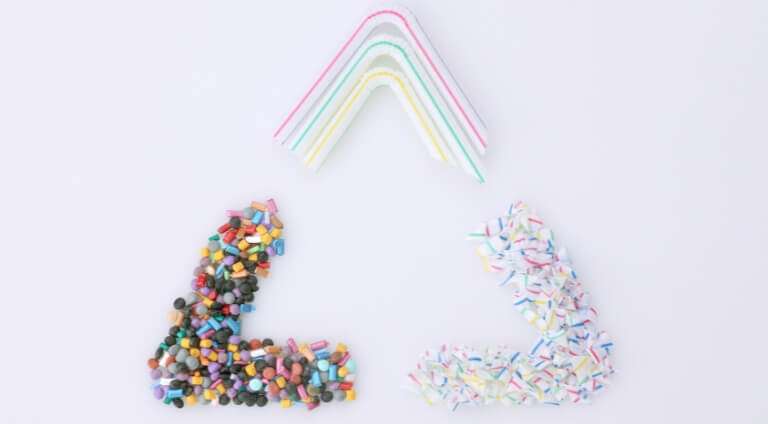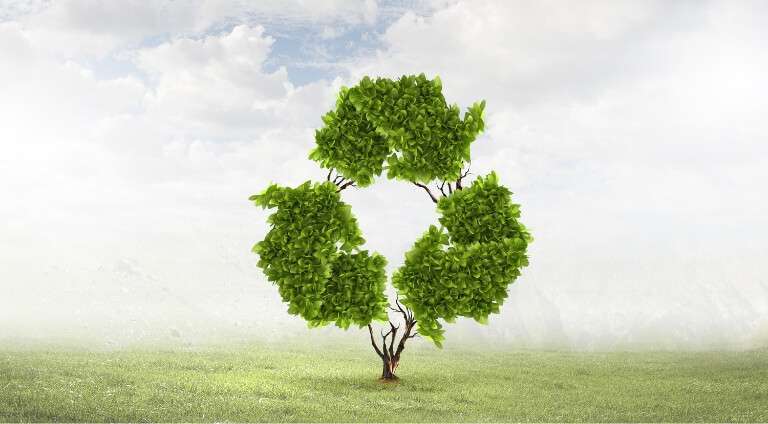
PVC is one of the most widely used plastics in the world. It is a very versatile and 100% recyclable material, which has various uses and is used in many situations. Let's see how important it is to recycle pvc products.
PVC consists of:
PVC was discovered in 1835 by Henri Victor Regnault and is a very resistant material to water, chemicals and fire. In addition, it is weather resistant, easy to clean and can last from 30 to 50 years and remain unaltered.
PVC is mainly used in window and pipe constructions. In addition, it is also frequently used in the automotive industry, in the door industry and in many everyday products such as packaging, coated fabrics, tarpaulins, PVC curtains, etc. In the rest of this article we will focus on PVC recycling, the methods by which it can be carried out and the advantages it offers.

There are mainly two ways of recycling PVC. These are mechanical PVC recycling and chemical PVC recycling. However, let's take a closer look at the difference between them below:
This involves mechanical processing of waste. The PVC is ground into small particles and cleaned. The particles can then be melted again and moulded with or without fresh material to recreate the same products or a new one.
Many chemical processes, such as pyrolysis or hydrolysis, are used to convert waste into reusable components. The resulting products such as sodium chloride, calcium chloride, hydrocarbon products can be used to produce new PVC or as feed for other manufacturing processes or fuels.

PVC is a powder that is mixed with plasticizer to make it flexible. The dry mixture obtained is then extruded into the desired shape. Other additives are added to give it the extrudability and the final properties of the desired product (anti-UV, pigments, heat stabilizers, lubricants, etc.)
PVC is 100% recyclable. When recycled, it drastically reduces the carbon footprint compared to production with fresh material. It allows for energy savings and avoids extracting more carbon from the soil.
PVC is collected from waste reception centres or in containers provided by cities. Waste bins are placed at construction sites to collect the waste. It is also possible to take your PVC scraps or waste to reprocessing centres.
ZAMPOUKAS company understands how valuable the environment is and applies pvc recycling of its products. When they cannot be reused, the waste is ground and sold to recycling companies that use it to make pipes or electrical cables. In our company you will also find a wide range of industrial filters, conveyor belts, but also treadmill belts which will meet the needs of any industry from the best materials on the market.